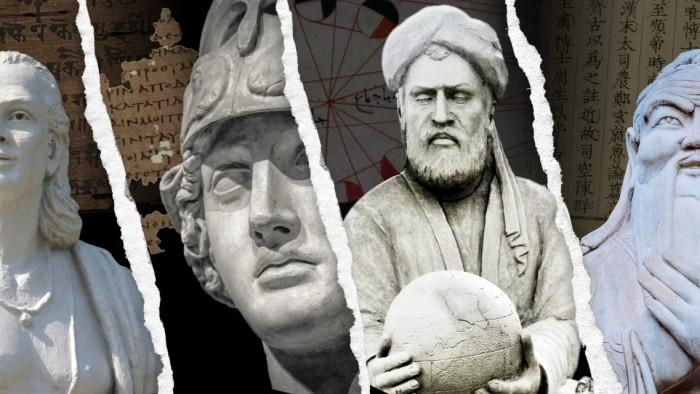IB TOK class: What the world gets wrong about ‘civilisation’

Roula Khalaf, Editor of the FT, selects her favourite stories in this weekly newsletter.
This article picked by a teacher with suggested questions is part of the Financial Times free schools access programme. Details/registration here.
Read all our IB ToK picks here.
Specification:
Teacher themes History, politics, other humanities subjects, anyone looking at portrayals of societies, and how they’re used to consolidate power
Relevant BQ Spin, Perspectives
Key terms and ideas Under attack, Universal good, Moral dimension, Justify, Cultural superiority, Connectivity
Investigating Issues Historical distortion, Political language
M24 Essay link Applying the concept of civilisation to different contexts could be linked to PT4
Click to read the article below and answer the questions:
What the world gets wrong about ‘civilisation’
What does the word ‘civilisation’ mean?
What characterises a civilisation?
From the source: How do those in power use the word ‘civilisation’ to help them consolidate their position?
How did the Harvard academic Samuel P Huntington shape the way we use the term?
Why does the author argue that they are an invented “modern confection”?
How does viewing the world as being interconnected refute ‘civilisational thinking’?
“There has never been a pure western culture that is now under threat of pollution. No single people is an island, unless they’ve been there for a very long time and haven’t invented boats.” How does this help us to understand history more effectively, and avoid being misled by those with an agenda?
Michael Dunn, theoryofknowledge.net
Comments